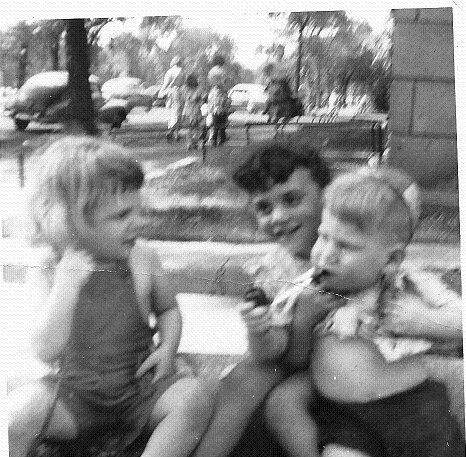One of the first “clean” jokes I learned in high school in the 1960’s from a new group of friends was the “no soap” radio joke. It was a small step up from those annoying “knock, knock” jokes. The idea was to start telling a humorous story that seemed to be directed to a punch line but then instead of delivering it, the teller would say “no soap radio”. The recipient of such stupidity instantly acquired a feeling as if two minutes of their life had been wasted. It is akin to what all Cubs fans experience while watching a Chicago Cubs game where they are leading in the 9th inning only to witness the so-called closer walk the bases loaded and give up the winning runs. You think to yourself, “why bother?”
The thing in listening to the joke was that you knew it was coming to an illogical conclusion but you still laughed because you thought it was supposed to be funny but were maybe too stupid to get it. Sort of like an initiation within a cabal of lunatic friends.
I did a search on the Internet and found a plausible suggestion that the expression at one time had to do with listeners being upset that the show they wanted to hear was not on the airwaves but instead a boring, soap opera. Thus, “no- (it’s) soap radio!” The idea being was to laugh it off and think that at least older folk would be happy because they could hear their favorite dramatic soap opera. The ones who would be frustrated would be those attuned to the half hour sitcoms starring Jack Benny, Eddie Cantor, Fred Allen, Burns and Allen, Amos and Andy, and the list goes on.
Baby boomers, of course, were mostly born after World War II as the beginning of the decline in network entertainment radio occurred. When I came aboard, television was in its infancy but already stealing away audiences from radio. I grew up on the stars mentioned above, but while watching them on their television shows. I didn’t even know that they had a previous career on the radio dial. Sort of like kids today finding it a hard time to believe that their grandparents had black and white television sets that required an antenna and offered at the most six channels in the larger cities.
One day in the early 1970’s Dad discovered a Chicago radio station that found its niche by playing reruns of so-called Old Time Radio. His enjoyment of these shows rubbed off on my kid brother and me. More than fifty years after these shows stopped broadcasting first run, they still provide entertainment. Now, instead of waiting to hear the one Chicago station that still plays old shows at midnight, I go on the Internet and click websites such as:
http://www.streamingthe.net/index.php?v=8&genre=Old+Time+Radio&s=N%2FA&c=USA
StreamingThe.Net is also a useful site to find just about any radio station format in the world. No soap, radio!
